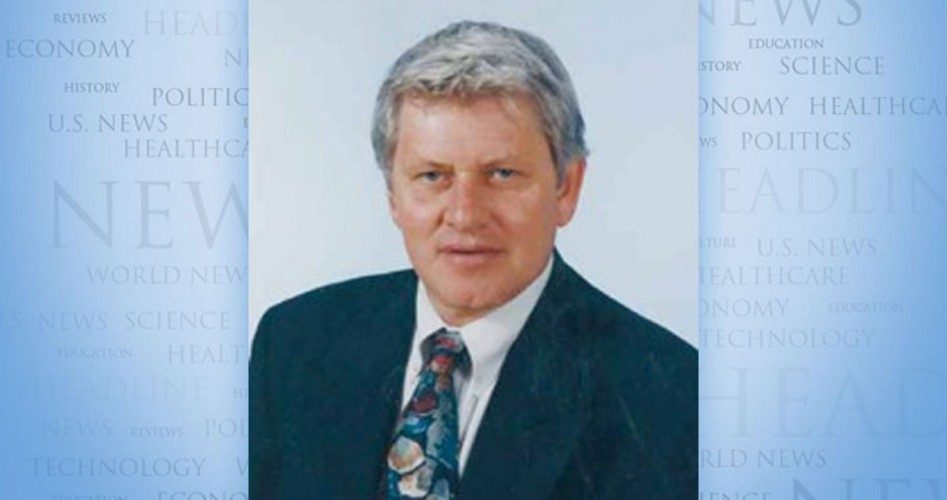
The fluctuating costs of activist quarterback Colin Kaepernick to the 49ers and NFL were never cheap, starting with his $126 million seven-year contract signed in 2014, an average of $18 million per season, and ending with the current plunge in NFL ratings.
On top of his $126 million contract, Kaepernick was guaranteed $61 million if he were to suffer a career-ending injury. Nonetheless, his contract additionally mandated that he purchase a disability policy out of after-tax take home compensation that pays the 49ers $20 million if he incurred career-ending damage.
Starting low, the contracted salary for Kaepernick in 2014 was $645,000. Further, with the way Kaepernick’s deal with the 49ers was structured, the team was free each year of the contract after 2014 to terminate Kaepernick and owe him nothing in additional compensation.
Additionaly, Kaepernick’s paycheck in his performance-based contract “went down $2 million each year if he was not named first- or second-team All-Pro, or if the 49ers didn’t play in the Super Bowl the previous season with 80 percent of the snaps taken by Kaepernick,” reports Cork Gaines, editor of Business Insider’s sports pages. “None of those things happened,” reported Gaines, and Kaepernick’s pay for the 2015 season dropped from a scheduled $12.4 million to $10.4 million.
In the end, Kaepernick’s deal with the 49ers finished with his emergence as a prematurely jobless quarterback, with the initial 2014 seven-year $126 million contract turning into $39 million in total compensation over three years, or $8 million less than Judge Judy’s $47 million paycheck per year from her daytime TV show.
Seemingly placing his future earnings in jeopardy with his knee drops, Fidel Castro shirts, and amateurish plunges into the complex world of geopolitical affairs, opining on the purportedly xenophobic dynamics of crime, race and punishment in America, the pluses and minuses of capitalism and communism, the pipe dreams of collectivist heavens on earth by way of hellish autocracies, and the problematic scheme of ostensibly achieving individual self-sufficiency and personal liberty via compulsory communalism, all delivered by Kaepernick in a sermonizing fashion with shoddy historical, political and economic analyses and supplemented with off-putting and tedious theatrics during the playing of the national anthem.
Engaged in a conference call last year with South Florida sports reporters, Kaepernick was grilled by a Miami Herald reporter, a Cuban exile, about his Castro shirt.
“One thing that Fidel Castro did do is they have the highest literacy rate because they invest more in their education system than they do in their prison system,” responded Kaepernick, “which we do not do here, even though we’re fully capable.”
In fact, within two years of shooting his way into dictatorial power, Castro blindfolded, muzzled, robbed, surveilled, and handcuffed the people of Cuba while imprisoning, exiling, torturing and executing tens of thousands.
Ralph R. Reiland is Associate Professor Emeritus of Economics at Robert Morris University in Pittsburgh.


